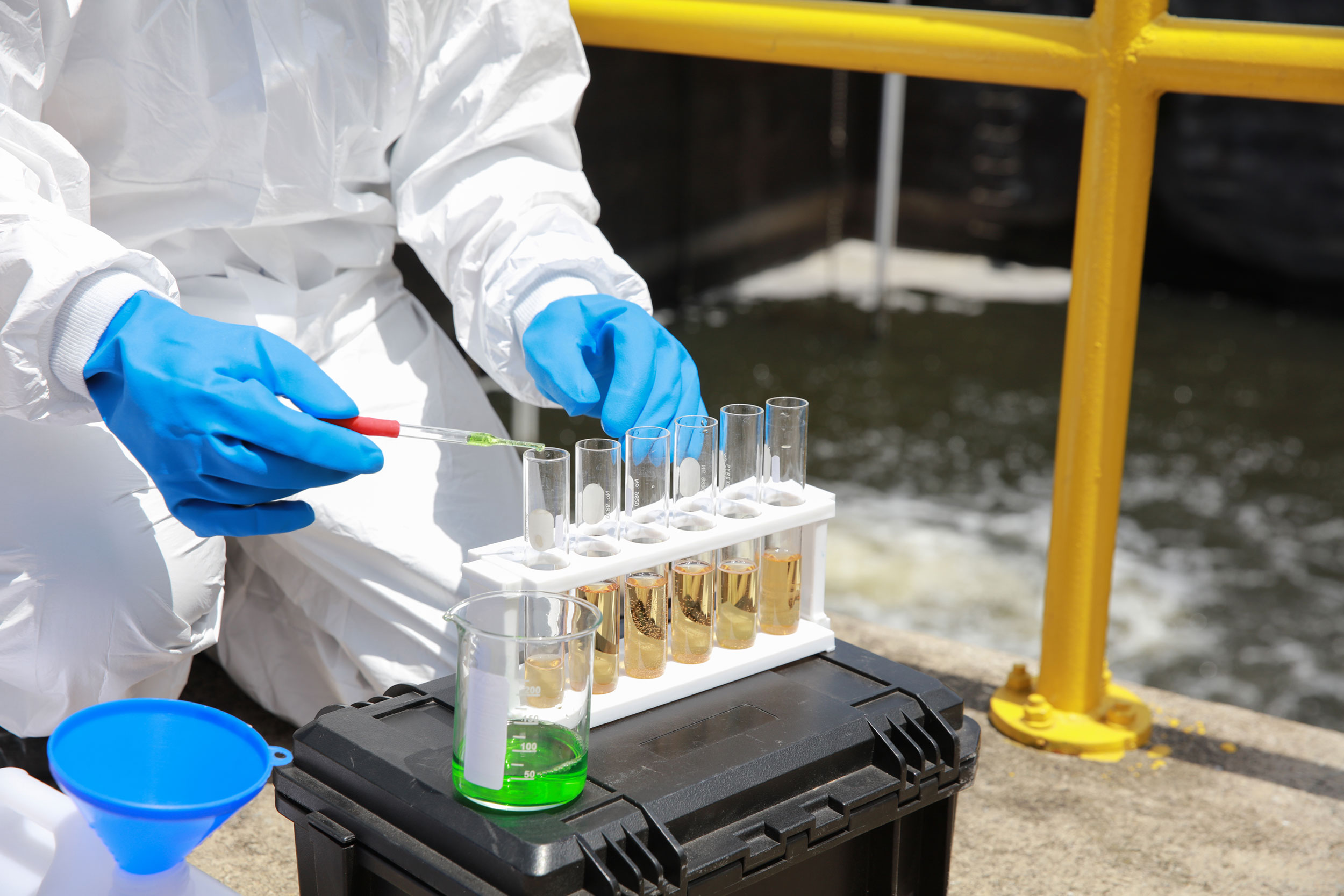Wastewater may seem an unlikely source of insight into community health, but for Dr Jiaying Li , it has become a powerful tool for understanding and protecting populations. As a Sydney Horizon Fellow , Dr Li's research is at the forefront of wastewater-based epidemiology - a field that uses chemical and biological markers in sewage to track everything from illicit drug use to infectious disease outbreaks.
"Testing wastewater is like conducting a community blood test," explained Dr Li. "With a single sample, we can assess the health, wellbeing, and disease burden of an entire population. My work has also moved far beyond testing for drugs - we can monitor exposure to emerging contaminants, industrial chemicals, and even viruses."
Dr Li's work has contributed to national initiatives such as the National Wastewater Drug Monitoring Project and the COVID-19 wastewater monitoring program . These projects have demonstrated the reliability and impact of wastewater analysis in shaping public health responses.
Leading innovation in Australia and beyond
Australia has emerged as a global leader in wastewater-based epidemiology, thanks in part to Dr Li's contributions. "When I was a PhD student, we were the world-leading group to build national capacity and translate this idea into real-world applications," she said. During the COVID-19 pandemic, Australian researchers were among the first to publish on wastewater testing for the virus, helping to set international standards.
"I was based in Brisbane at the time, which had very low levels of COVID-19 compared to the rest of the world," said Dr Li.
"I remember one day, a wastewater sample showed positive for COVID-19 despite health authorities not recording any infections in the area.
"We showed this result to Queensland Health and suggested if we should encourage people in this neighbourhood to be testing for COVID-19, and sure enough within a few days people started developing symptoms and returning positive test results from the same area."
Epidemiological studies showed that Dr Li's team was able to detect signals of infected individuals a week before the first clinical confirmation.
"It was compelling evidence that wastewater can provide early warning for public health authorities," she said.
"With a single sample, we can assess the health, wellbeing, and disease burden of an entire population."
Dr Jiaying Li
Sydney Horizon Fellow
Building collaborative partnerships
Dr Li's approach is deeply collaborative, and has evolved to span disciplines and sectors.
As she's expanded her practice from public health to environmental and industrial health, Dr Li has had to evolve her research skills and develop a collaborative mindset to work with industry and government.
"As an early career researcher, I've learned that driving collaboration means investing time to learn from others and connecting ideas across fields," she said.
"Passion and commitment are essential. This field is still relatively new and there are so many potential applications for this research - it's a lot of work but it's incredibly rewarding to be making these discoveries that can really help people."
Her work with industry and government partners is shaped by their priorities, with a focus on building trust and delivering transparent, reliable results.
"During the pandemic, health authorities from other cities and states approached us to guide or launch their wastewater monitoring programs because they trusted our capacity to deliver," Dr Li recalled. "Maintaining open communication and contributing insightful results is key to sustaining long-term partnerships."

Wastewater testing in-situ at a water treatment facility.
Innovating for the future
Looking ahead, Dr Li is focused on building research capacity and advancing real-time monitoring of a broader range of biomarkers. "My priority is to develop a team and laboratory that can innovate in wastewater monitoring and data-driven prediction modelling," she said.
Her research has also highlighted the scale of chemical contamination in the environment. "There are thousands of new chemicals produced every day, but we're only monitoring a small fraction of them."
"Our goal is to develop new ways of detecting and monitoring these chemicals so that we can minimise their risk and impact as much as possible."
Dr Li's work is shaping the future of public health and environmental protection, both in Australia and globally. Through the Horizon Fellowship, she is expanding the reach of wastewater-based epidemiology and its potential to inform policy and safeguard communities.
Dr Jiaying Li is a Sydney Horizon Fellow in the University of Sydney's School of Civil Engineering in the Faculty of Engineering . She is a member of the Net Zero Institute and the Charles Perkins Centre . Sydney Horizon Fellowships empower the world's best and brightest emerging academics to undertake innovative research that will contribute to the common good by addressing the complex challenges of climate change, health, and sustainability.






